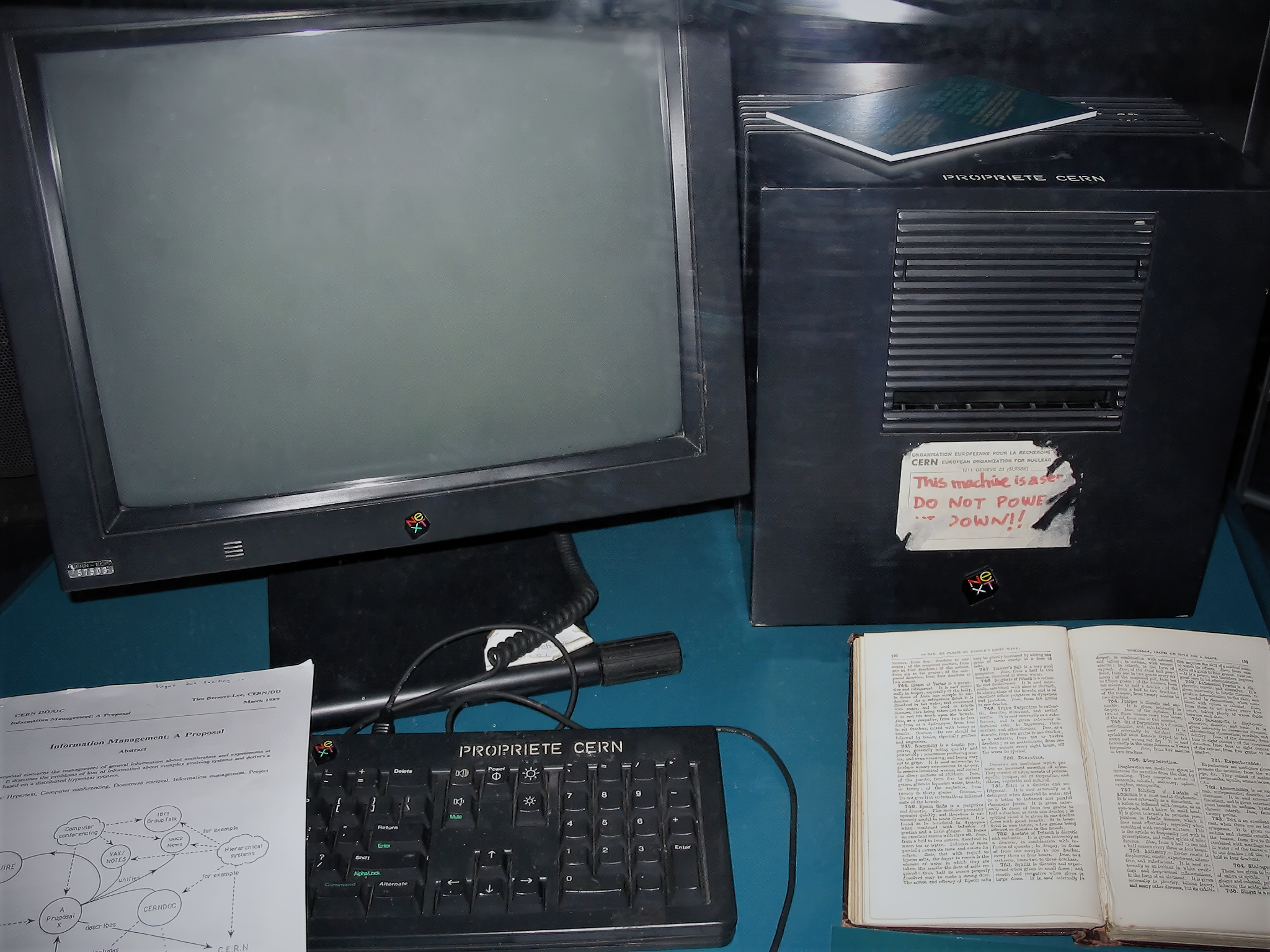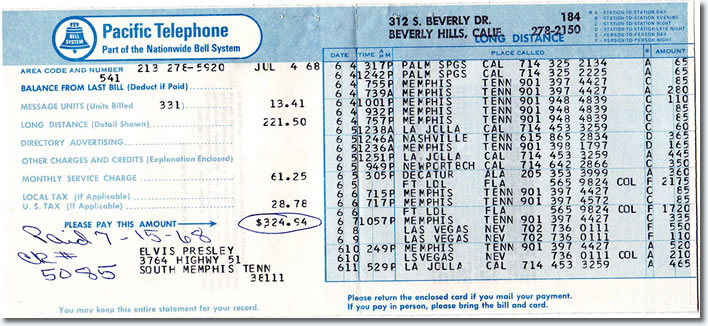30 years. Wait, that’s not right…
30 YEARS!!!
Spinning around a fireball on a ball of mud that is also spinning around a deep dark funnel of gravity as its play thing…
Thirty (30) years is insignificant to the Universe that has Carl Sagan “Billions and Billions” voice over behind it, but as creatures who’s lives are finite and infinitesimal small compared to the Universe or even the star we orbit let alone the ball of mud we call “home”.
Thirty (30) years – while a blink of an eye to a tree or turtle – is incredibly long to an insect or even a human child.
So what have we learned after being connected globally and sharing one common network, in mass, for thirty (30) years?
Let’s go back then… 🙂
Then: Internet – 30 year ago
Yes, Virginia. There was an Internet prior to 30 years ago. The term was coined much earlier but even 30 years ago, the basics and concepts of the “World Wide Web (WWW)” were invented at CERN in Geneva, Switzerland by Tim Berners-Lee.

But it did have a predecessor in hypertext and hyperlinks: Gopher

Gopher was a console based (as Windows 95 didn’t exist quite yet, ,we had Windows 3.0/3.1 in 1994 for the consumer) as most of our connection to the Internet wasn’t direct. AOL did not exist quite yet and commercial access was really not as ubiquitous as it is today with it on everyone’s smart phones in which it is said that there are 2-3 smart phones for every person on the planet at this time.

And when I say direct access, I don’t even mean a browser. I mean text which did not require a TCP/IP stack on the users computer. That was taken care of by a central computer that everyone logged into. We either were hardwired into or had to dial into what are called “Terminal Servers” and those would then present options for you to access various computing resources if you were allowed.
Prior to that: You had X.25 Packet Data Networks for commercialized data networks that were cheaper than the Regional Bell Operating Companies (RBOC) which were the result of AT&T/Bell System being broken up after being deemed a monopoly – which prior to the breakup of Bell System, voice calls and data were even more expensive.

https://oldvcr.blogspot.com/2022/04/tonight-were-gonna-log-on-like-its-1979.html
With the breakup of Bell System, it allowed other third-party “common carriers” to enter and attach to the existing telephone system and began to force the cost downward due to the competition in the market. Companies like Sprint and MCI were major players in lowering the costs to the consumer.
But, if you wanted to avoid a long distance bill (distances greater than 50-100 miles from calling city), you basically were stuck with local calling which was at a more “flat” rate as part of having telephone service.

This is another story in itself, but I firmly believe this is the missing piece of the Internet. But this is going to be a key piece to keep in mind for the rest of this story.
Now: Internet – present time
Over the past 30 years, I’ve seen the perversion of what was a once very intelligent community of personages devolve into a bizzarro world where “truth” is now a “dirty” term.
It (the Internet) is used as a mechanism of spreading false information to people who either cannot or do not want to do research into validation, believing every piece of data or information they receive as “God given with irrefutable accuracy” and then pass on those same false stories to their own sphere of influence for them to inseminate with others.
Part of this, I assert, comes from a self-image that those who are “righteous” are equally deemed to be “empowered” to push their beliefs upon others as a “moral calling” by their higher power without regard of the others views in effort to save someone from their “misguidedness”.
This “self-righteousness” is incorrect and incompatible with modern society – and as hypocritical as Humans can be in social organization – fail to recognize this as sociological fact.

[gotta love “Superdickery” – https://superdickery.tumblr.com/post/24832140635/see-officer-they-are-wearing-straightjackets-and ]
While I do not advocate for punishing those who are “inaccurate” in the information they dictate, they do – after all – have a right to speak their mind, we do not do enough to retort such informational inaccuracies. In fact, there are those who will even go out of our way to punish those who use their rights to *not* speak in possibly aggressive ways!
Again, I believe this is an apathetical and punitive response to those who are contrary in one’s viewpoint.
This does not mean that one should be intelligent or have a high level of education before they can engage in debate. But those that do debate, should be tolerant and open to others view points before dismissal or punishment. Those that listen to debate should do more than topically take in the banter and the reason such a debate occurred in the first place to ensure the serendipity of such a question is without ulterior motive.
And this, I believe, is the major difference between the Internet of “Then” and the Internet of “Today” – the lack of challenging sources of data, critical thinking of the data and overall media literacy.
This was all present, as a collective whole, on the early Internet – as the network *then* was mostly utilized and consumed by educated individuals who have at least a base level of critical thinking skills taught and required in academia and research. After all, it was built as a research network for the Department of Defense (ARPANet) and the National Science Foundation (NSFNet).
Our common practice in using the Scientific Methodology to challenge assertions and facts using data and research that stands up to peer-review was crucial in building collective consensus to build and collaborate on the Internet.
It’s still crucial now – more than ever.
But the “Social” Internet does not require such levels of rigor or review. Its focus – pure and simple – is for people to be “publishing” content as a way of attracting people to view the content for the sole purpose of minimal engagement to sell advertising.
While “Social” is more open and cheaper to the consumer than the privileged and costly halls of academia, it also lacks the interactivity in lieu of passive consumption and minimal feedback for our brief attention and engagements.
This, I assert, breeds negative behaviors we objectively would not want to occur such as apathy with life and their role within it, indifference to others and mob mentality just to regain the sense of “belonging” due to the lack of interaction.
Disinformation and Abuse
of a communication commons
The Internet of yesteryear definitely was a more “interactive” space. Today’s Internet lacks this interactivity due to subdivisions in our discourse and interests.
While the Internet of yesteryear certainly had “passive” content, it also had way more interaction due to limited options for networking with others.
Today, we have multiple social networks we join that harvest our interests and intents for marketing purposes, but has reduced the interaction to a brief comment or even briefer “emoji” icon. Minimalist may rejoice in the brevity of the interaction, but many seek out greater engagement with one another causing us to all be “content creators” of one sort or another.
We are also now exposed to more of the human psyche in all of it’s diversity than ever before.
This is both enlightening and horrifying at the same time.
We have the ability to learn new concepts and skills that align with our interests at any given moment in time to be more intelligent in our efforts. The counterpoint to that is we are now exposed to more of the human depravities and violence of our being including being silent witnesses to those acts in real time without time to consider the event unfolding before our eyes.
Now, more than ever, underscores the need for (digital) literacy and critical thinking skills to navigate the online realm effectively.
Addressing societal divisions and empowering individuals to actively participate in online discourse are crucial steps towards creating a more constructive society whether online or in real life.
Achieving this balance requires promoting mindful technology use and fostering empathy, ultimately facilitating a more meaningful global society without denigrating anyone’s beliefs or values.